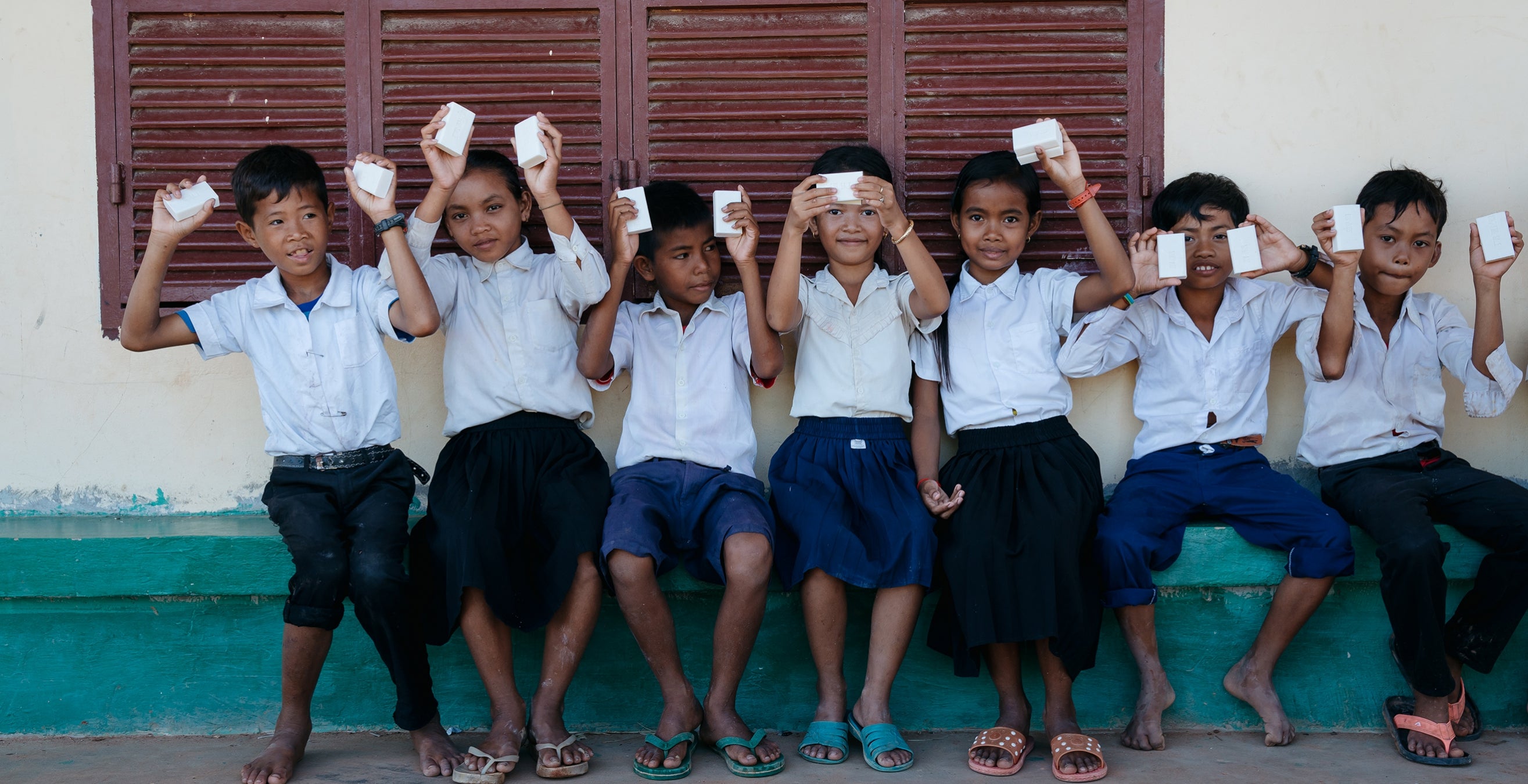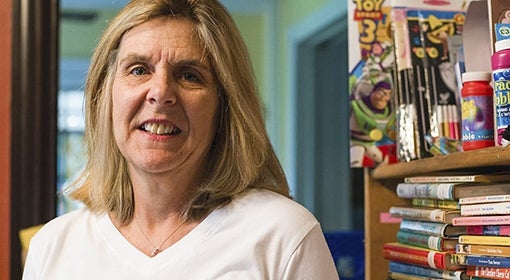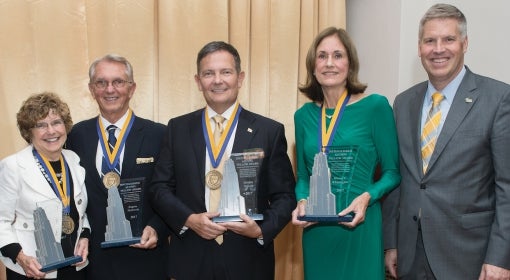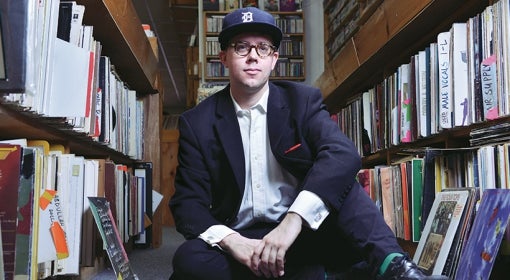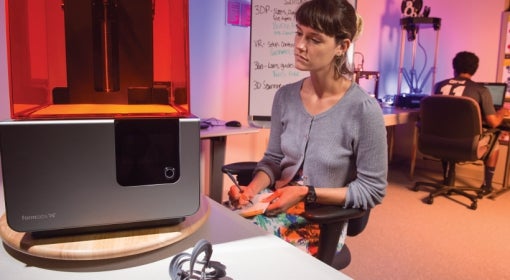Motor-biking into rural Cambodia during the summer of 2014, Samir Lakhani sought to make a difference. The University of Pittsburgh junior from Allentown, Pa., was visiting as a volunteer with a non-governmental organization, constructing commercial fish farms in Southeast Asia. The goal of the work was to help provide Cambodians with sustainable sources of nourishment.
But one day, as Lakhani rode across the flat, green landscape of the Kralanh district, the environmental studies major found himself pulled in a different direction. He spied a mother washing her child with abrasive laundry powder. Nearby, he could see other women cleaning their babies in the same toxic chemicals used to scrub their dirty pots.
In that instant, Lakhani knew how he could help people in a different but important way. Trouble was he only had six days left in Cambodia before returning to Pitt.
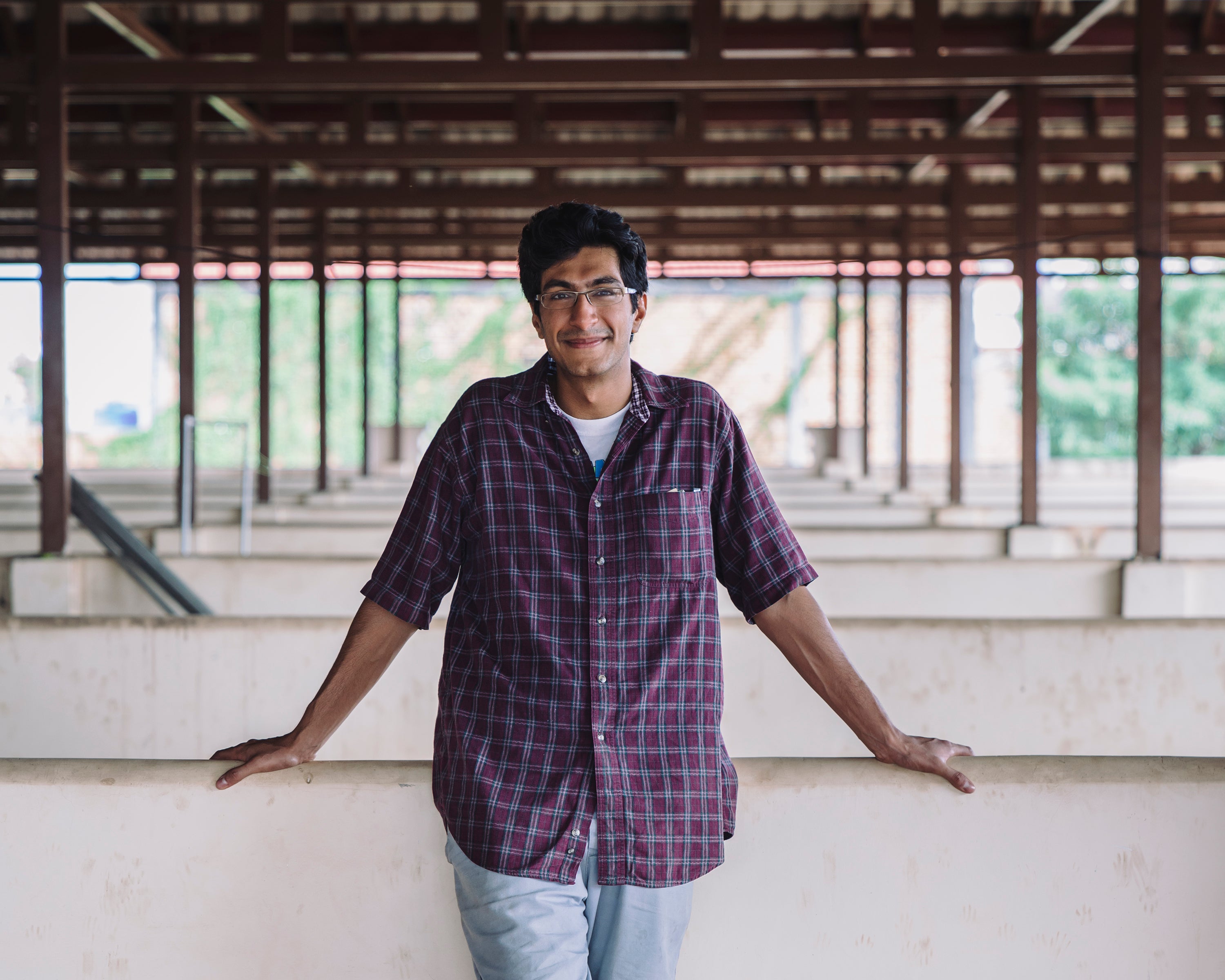 “I dropped everything,” Lakhani says. He left his volunteer position and consulted with professionals at one of the country’s four hospitals to learn about local public health needs. Cholera and diarrhea, he discovered, were two of the most common ailments in Cambodia, though many cases could be prevented if rural communities had access to hand soap and were taught how to use it.
“I dropped everything,” Lakhani says. He left his volunteer position and consulted with professionals at one of the country’s four hospitals to learn about local public health needs. Cholera and diarrhea, he discovered, were two of the most common ailments in Cambodia, though many cases could be prevented if rural communities had access to hand soap and were taught how to use it.
Still without a firm plan, Lakhani traveled to Siem Reap, a city bustling with 4 million tourists. As he walked past dozens of hotels, an idea came to him. He could collect and recycle discarded soap from hotels and get it to those in need. He says he got on a bike and, like a “crazy Westerner,” showed up at hotels and guesthouses asking, “Can I have your dirty soap?”
Now, Lakhani is the CEO of Eco-Soap Bank, an organization that gathers used soap, which it sanitizes, melts down, repackages, and distributes to villages, schools, and local clinics in Cambodia. Eco-Soap Bank now has branches in four different cities throughout the country, 400 hotels contributing to the cause, and 36 local women employed to do the recycling. With the repurposed soap, the gift of better hygiene is now in the hands of more than 650,000 Cambodians.
This global enterprise was borne from a desire for the extraordinary—a desire nourished at Pitt. As a student, Lakhani told Mark Collins, an environmental studies coordinator and lecturer, that he wanted a field placement that reached beyond the “regular.” Collins suggested the international work in Cambodia and, later, encouraged Lakhani to fundraise and connect with media, eventually drawing global, visionary partners to help support Eco-Soap Bank.
The young alumnus has garnered international praise for his work, including recognition as one of 2017’s top 10 “CNN Heroes.” The accolade salutes “everyday people changing the world.” Still, Lakhani (A&S ’15) is dreaming bigger. Eco-Soap Bank now has similar projects budding in Rwanda and Nepal. “No nation will ever prosper if public health is not on sound footing,” he says.
Through a chance encounter and a charge to make a difference, Lakhani has cleared a clean path for global good works.
This article appeared in the Winter 2018 issue of Pitt Magazine.

